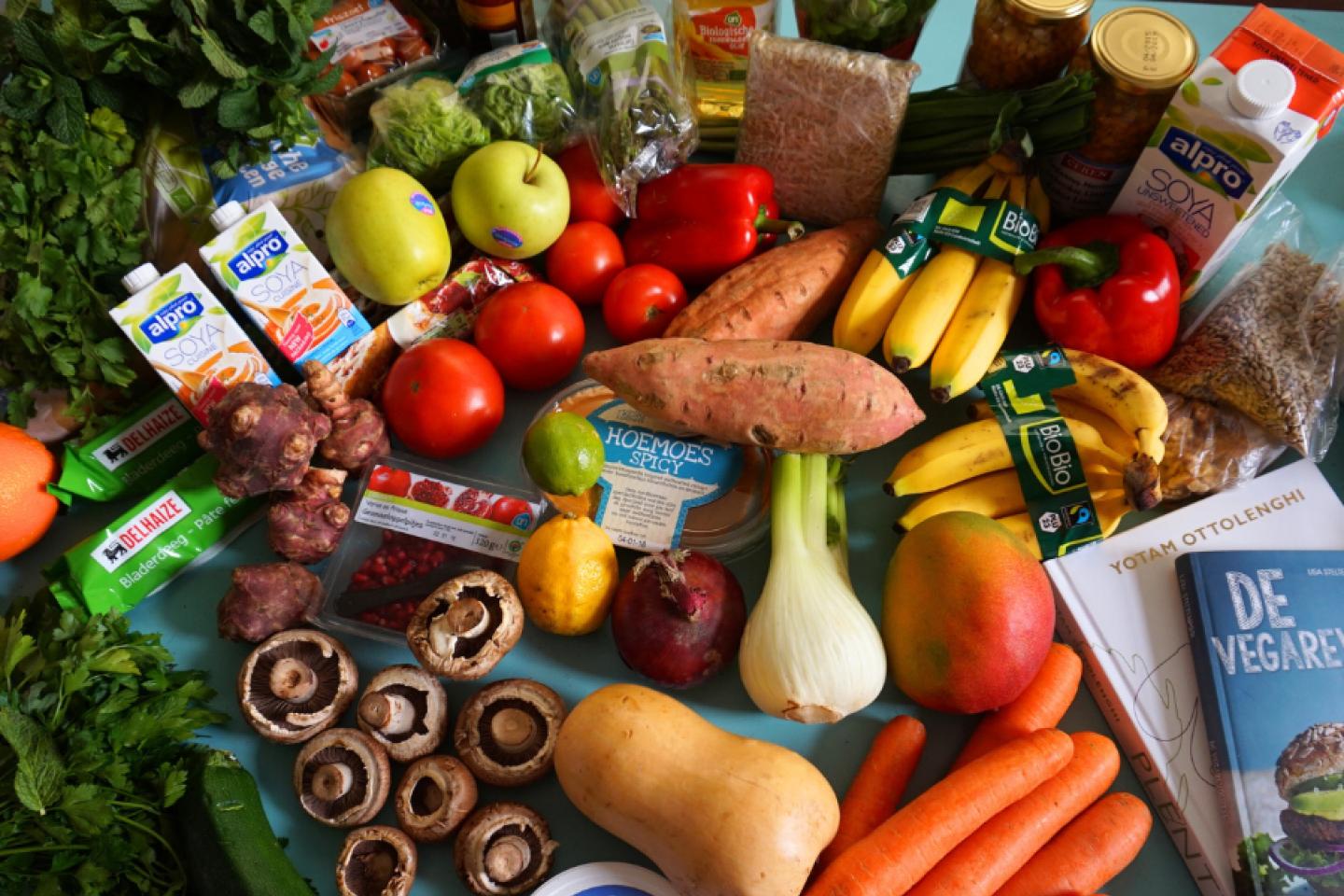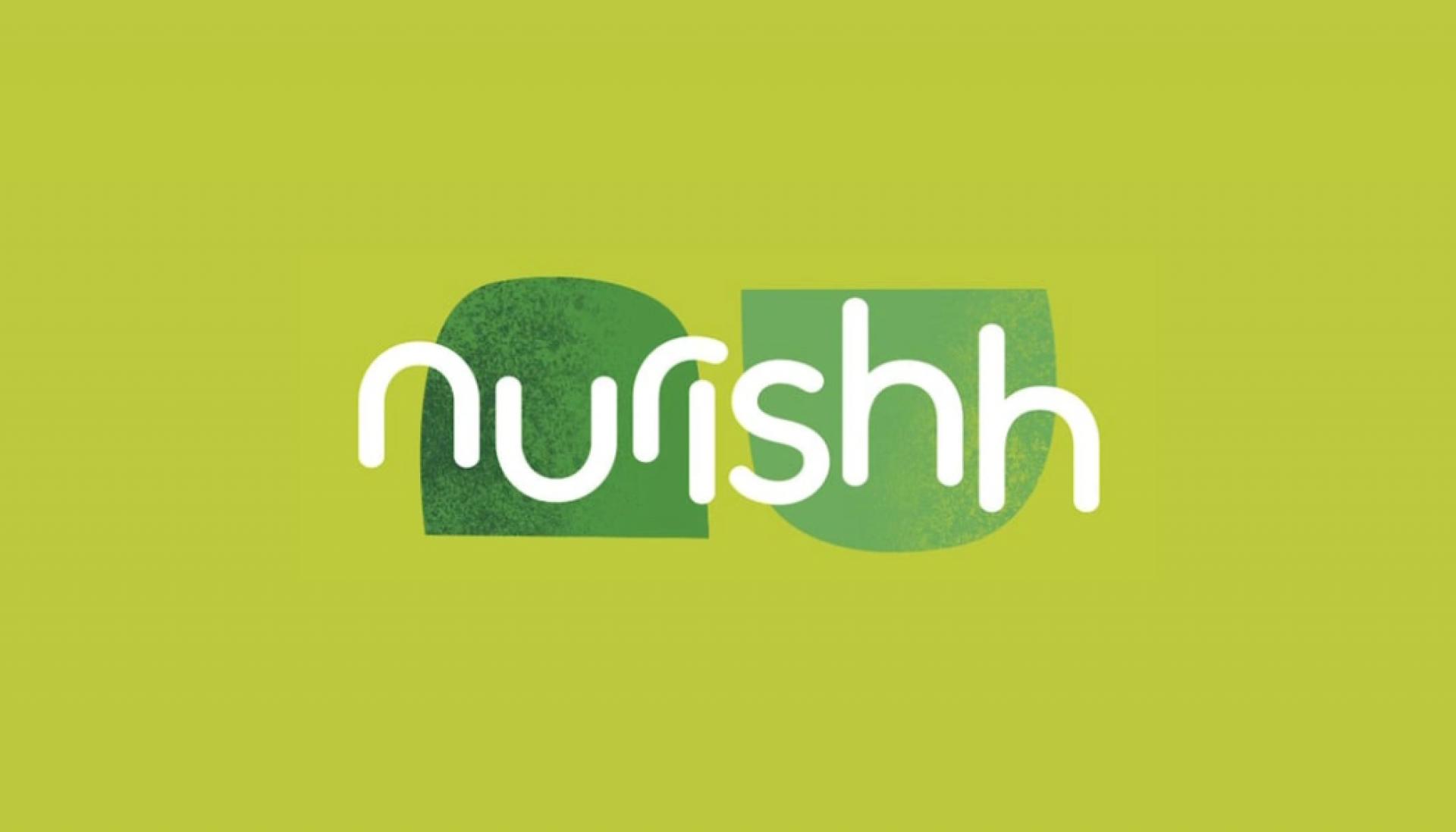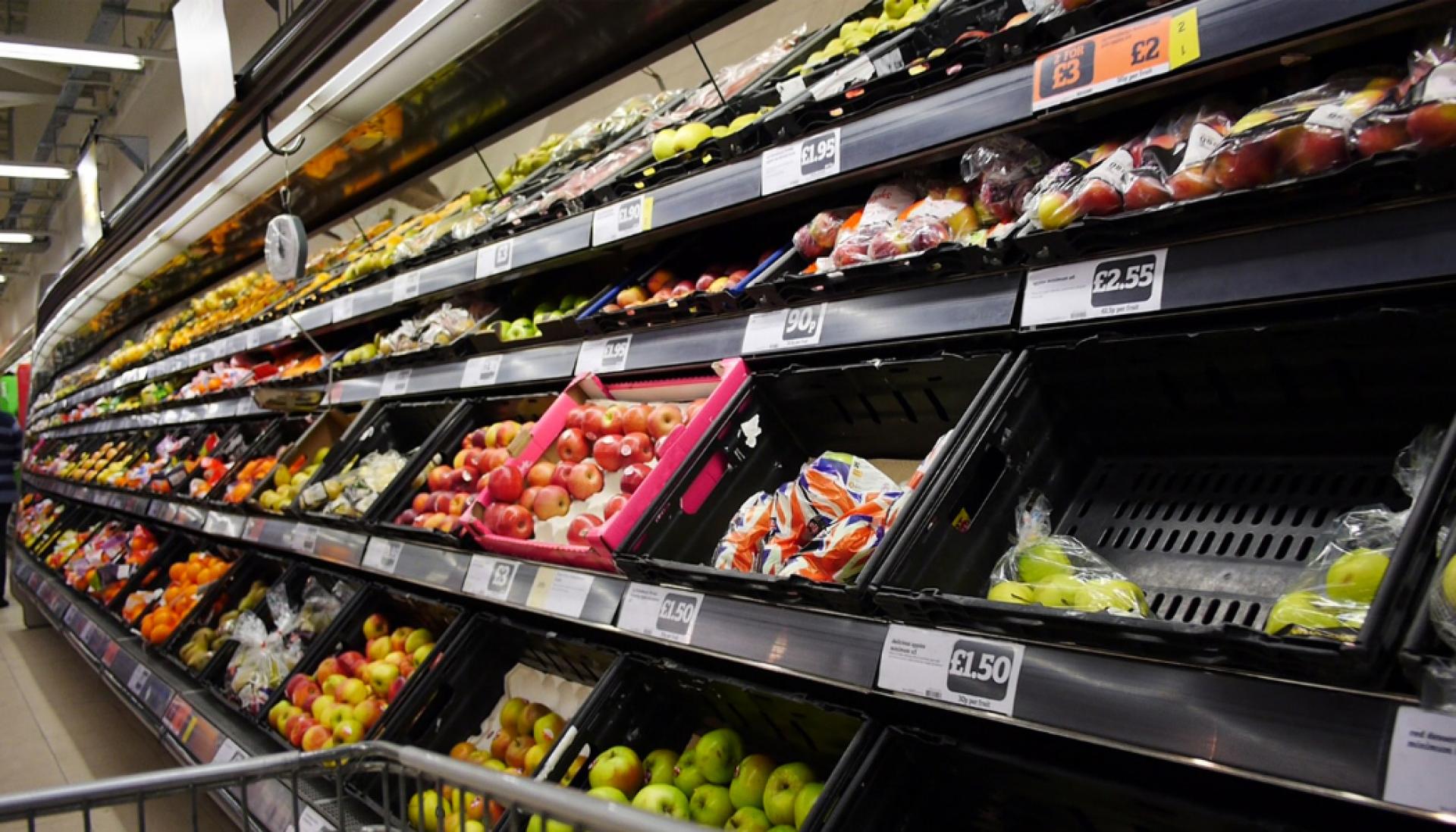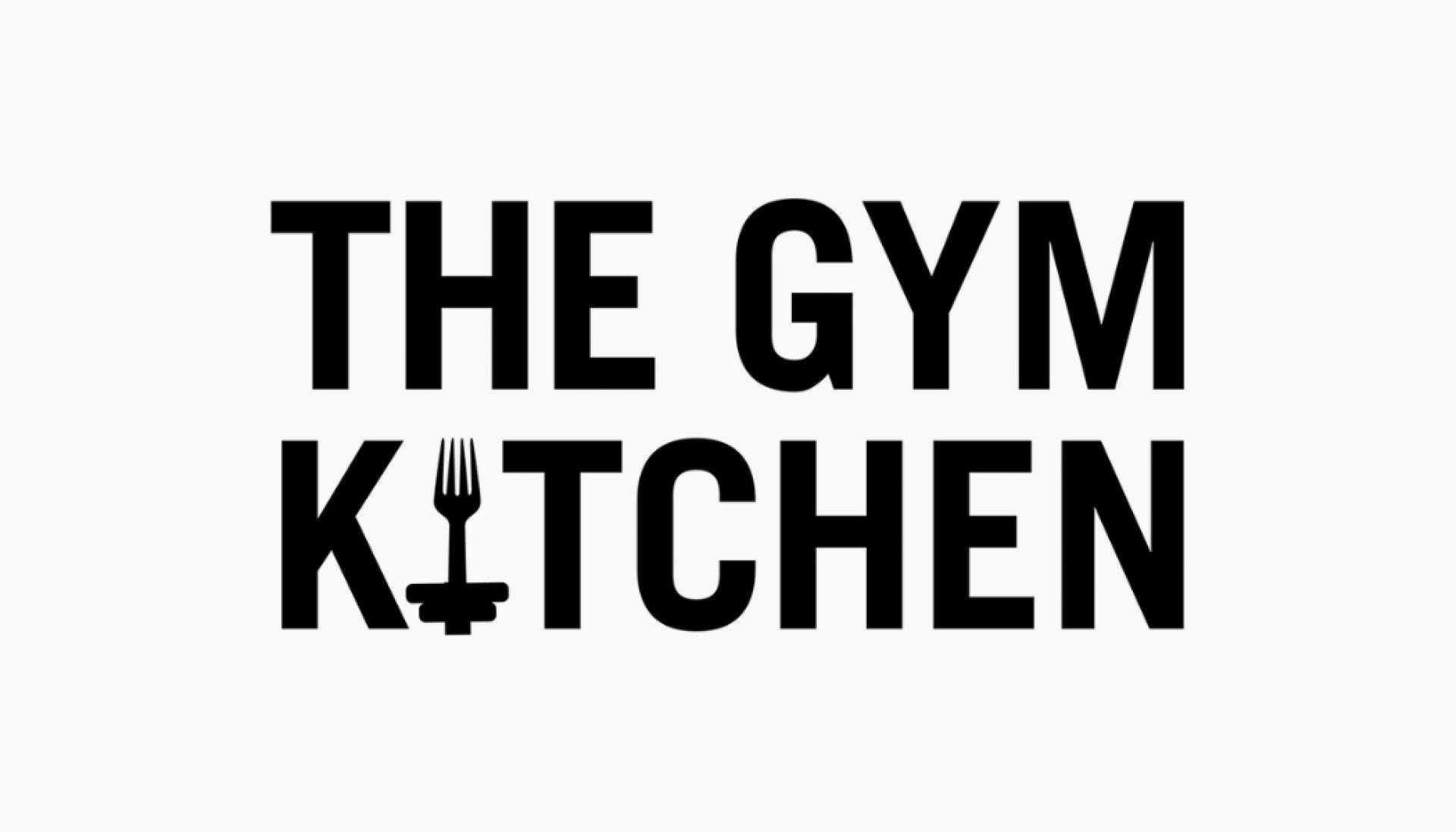
The Growth Of Versatile Health Foods In The F&B Industry
The health foods market has skyrocketed in recent years, with a surge in popularity that has made a significant impact on the F&B industry.
Consumers are becoming increasingly health-conscious and selective about their dietary choices, incentivising businesses to expand their product ranges and offer healthier food alternatives. This has essentially started a self-sustaining trend - as businesses make healthy foods more widely accessible and affordable, more shoppers are tempted to try them, which continues to fuel growth in this sector.
As a result, business opportunities have rapidly multiplied in the F&B industry.
Supermarkets are adapting to meet the needs of health-conscious buyers, new product ranges are constantly emerging, and many companies are successfully capitalising on the popularity of health foods.
In this article, we’ll be exploring how shifts in consumer behaviours have contributed to the growth of health foods, as well as outlining how businesses have flourished by responding to this new demand.

How are consumer preferences/behaviours changing?
A huge factor in the growth of health foods has been a noticeable shift in consumer buying behaviours.
Shoppers are now increasingly aware of the importance of a balanced diet, as information about nutrition and health has become more widely available. With concerns escalating over rising obesity rates and media coverage focusing on dietary issues, consumers are now actively seeking out products that will support their health and well-being.
These changing consumer preferences have impacted the F&B industry in a big way.
Consumer choice plays a pivotal role in shaping the F&B landscape, and factors such as ingredient quality, nutritional value, and sustainability are now a major influence when it comes to shopping decisions and brand loyalty.
As a result, many businesses have been compelled to make significant changes to their offering, such as reformulating products, reducing the use of additives/preservatives, and introducing healthier options to their standard ranges. While health foods may previously have been viewed as a niche corner of the market, they’re now a hugely important part of the wider F&B sector.
How are businesses adapting to meet the rising demand for health foods?
This increase in health-conscious food shopping has presented many companies with a golden opportunity.
Businesses have successfully expanded their product ranges, engaged brand-new customer segments, and launched healthier alternatives such as plant-based meats, dairy-free alternatives, and low-sugar options. The companies responding fastest to this trend are tapping into valuable new revenue opportunities, as health-conscious shoppers now represent a sizable percentage of the market.
However, increased product sales aren’t the only benefit here.
Companies embracing the health foods revolution are also positioning themselves as progressive, future-facing brands in the F&B industry - something that has the potential to pay dividends in the long run.
The influence of plant-based diets on the F&B market
One of the biggest drivers behind the growth of health foods has been the rise of plant-based diets. Plant-based diets have become immensely popular around the globe, with a huge number of individuals now adopting vegetarian, vegan, or flexitarian lifestyles.
Unsurprisingly, this has also incentivised many businesses to create product ranges tailored specifically to the plant-based community.
Plant-based alternatives are becoming increasingly mainstream in the F&B industry - these products feel more accessible and appealing than ever, even to consumers that still consume animal-based products. Several businesses have found great success in championing the plant-based cause, contributing to the wider growth of health-conscious foods.
Below are some of the most prolific companies that have flourished in the plant-based sector:

Nurishh
Nurishh produces an array of vegan cheese products, from plant-based cheddar to dairy-free cream cheese. The versatility of Nurishh’s product range has made the brand incredibly popular with plant-based shoppers.
Nakd
Nakd is known for creating tasty vegan snack bars that are primarily made with raw fruit and nuts. The brand has steadily expanded its product range over time, now offering original snack bars, plant-based chocolate replacements, and protein bars.
The Gym Kitchen
The Gym Kitchen has successfully tapped into both the fitness and plant-based communities, creating a range of vegan dishes (i.e. spaghetti, fettuccine, lentil dahl) that are highly nutritious and designed to fuel exercise.
Lovecorn
Lovecorn produces a wide number of plant-based corn snacks, designed to be a healthy replacement for crisps. The brand offers a range of flavours for health-conscious customers, including sea salt, cheese & onion, and smoked BBQ.
Proper
Proper has essentially delivered a vegan alternative to crisps, using all-natural ingredients to produce a range of lentil chips. These chips are a good source of protein and fibre, and are suitable for both plant-based and gluten-free diets.

TREK
TREK creates tasty vegan protein snacks, including nut bars and all-natural flapjacks. The brand prides itself on never using artificial sweeteners or ingredients, opting instead for nuts and fruits to provide flavour.
The accessibility and affordability of health foods
Arguably the biggest impact of this trend has been a massive increase in the accessibility and affordability of health foods.
Supermarket shelves are now full of health-focused dishes, which makes it infinitely easier for consumers to try new foods - in turn, this encourages businesses to continue expanding their product ranges and unlocking fresh revenue opportunities.
Companies have also worked hard to dispel the assumption that healthy food is more expensive, offering cost-effective options such as meal kits, value packs, and discounts on healthy products. Partnerships with retailers and online platforms have also enabled wider distribution, making it more convenient than ever for consumers to purchase health foods.

So how is the growth of the health foods industry ultimately impacting the consumer?
Well, according to multiple studies, the general population has now adjusted their diets to include more fruits and vegetables. One survey from YouGov also found that 64% of respondents checked the content of nutritional labels when shopping, proving that individuals are becoming more health-conscious and aware of their dietary choices.
The accessibility of healthier foods has ultimately led to a reduction in the consumption of processed meals, excessive sugar, and unhealthy fats - resulting in a more balanced, nutritious, and sustainable diet for many individuals around the world.
The rapid growth of versatile health foods has had a significant impact on the F&B industry.
While supermarkets have quickly adapted to an increase in health-conscious shopping, many businesses have jumped on the opportunity to produce accessible health foods and plant-based alternatives. Not only has this improved the accessibility of healthier products, but it has also made nutritious meals far more affordable to the average shopper.
As individuals become increasingly aware of the importance of a balanced diet, and businesses continue to release popular health food products, this sector of the industry will inevitably grow even larger in the near future.
If you would like to discuss potential hires for your team within the F&B space, please get in touch with [email protected]








